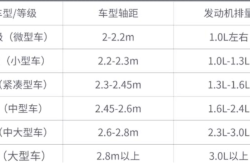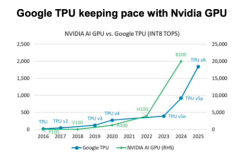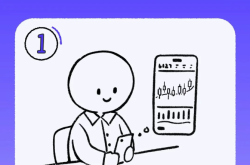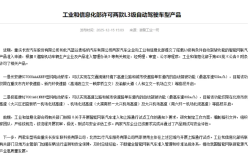Standing Up to LinkedIn! OpenAI Aims to Capture Its Share of the AI Recruitment Market
![]() 09/09 2025
09/09 2025
![]() 640
640
Emerging from the same corporate lineage, why the sudden and intense competition? Microsoft's two "offspring," OpenAI and LinkedIn, are poised for a clash in the highly profitable AI recruitment sector. 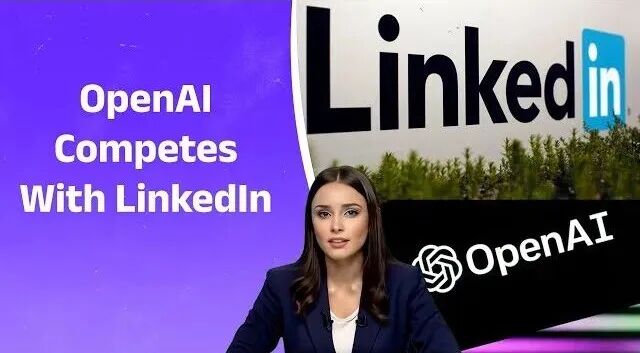
Last Thursday, Fidji Simo made an official announcement on OpenAI's blog: the new AI recruitment platform, 'OpenAI Jobs Platform,' is slated to launch in mid-next year.

Does the name Fidji Simo ring a bell? This is her: the French businesswoman who assumed the role of CEO at OpenAI following Altman's departure. What's her professional background?
In essence, this platform serves as a mediator between businesses and job seekers, facilitating optimal matches for both parties. Does it evoke the image of an AI-powered dating platform?
This platform isn't exclusively for large corporations; it offers a dedicated channel for SMEs and local governments across the United States. The Chamber of Commerce in Texas has already earmarked plans to utilize it for assisting thousands of local businesses in talent acquisition.
An intriguing aspect here is that both OpenAI and LinkedIn are Microsoft's "prodigies."
LinkedIn holds a leading position in the professional networking and job search domain. In 2016, Microsoft acquired LinkedIn for a staggering $26.2 billion, marking the largest acquisition in Microsoft's history and one of the most significant in the tech industry at that time.
OpenAI is widely recognized; Microsoft has been a significant investor, with investments surpassing $13 billion to date.
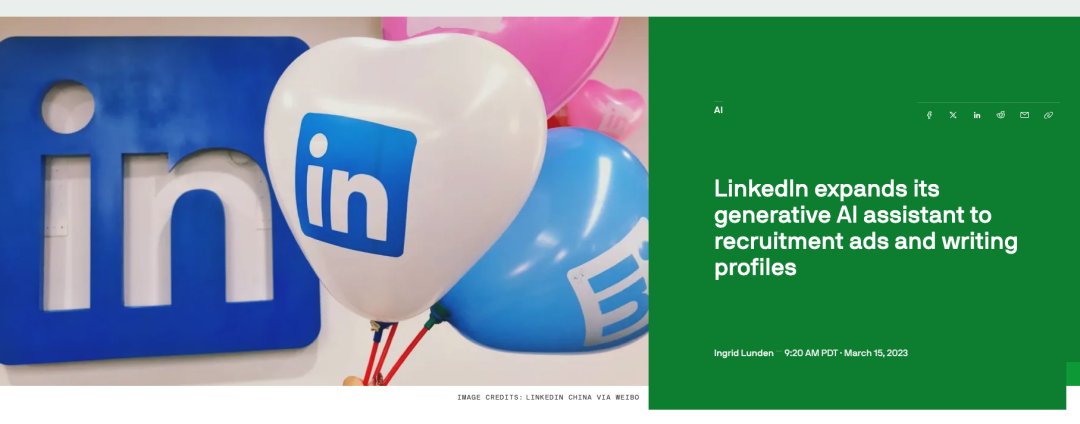
It's noteworthy that LinkedIn began fully integrating AI in 2023, aiding users in resume generation, job matching, and even offering learning courses and certifications. Now, OpenAI suddenly enters the scene, declaring, "Hey, we're diving into recruitment too!"
Of course, there's nothing inherently wrong with diversifying. It's akin to the relationship between Zhuge Liang and Zhuge Jin, where spreading risks is a wise strategy.
In her blog post, Fidji Simo tackled a common yet troubling question: Will AI render us jobless?
She conceded that AI will undoubtedly bring disruptions: job roles will evolve, and businesses will need to adapt. From assembly line workers to CEOs, everyone will have to learn to collaborate with AI.
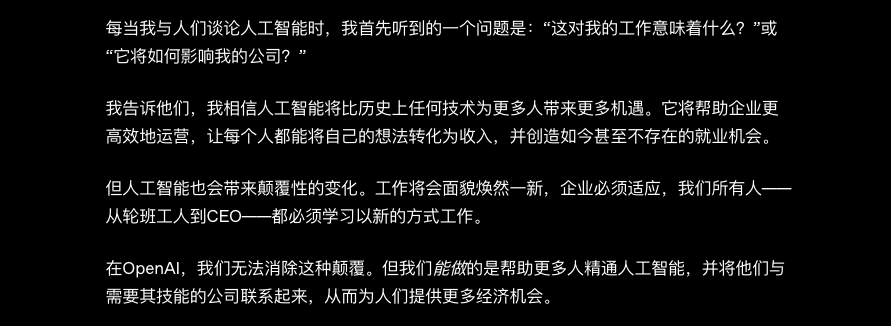
However, she stressed that OpenAI's objective is not to cause unemployment but to empower more individuals to utilize AI, thereby unlocking new opportunities.
That's why OpenAI has introduced the online learning platform 'OpenAI Academy' and plans to launch an AI certification program by the end of this year. From basic 'AI for office work' to advanced 'prompt engineering,' a comprehensive suite of standardized exams and certificates will be available.
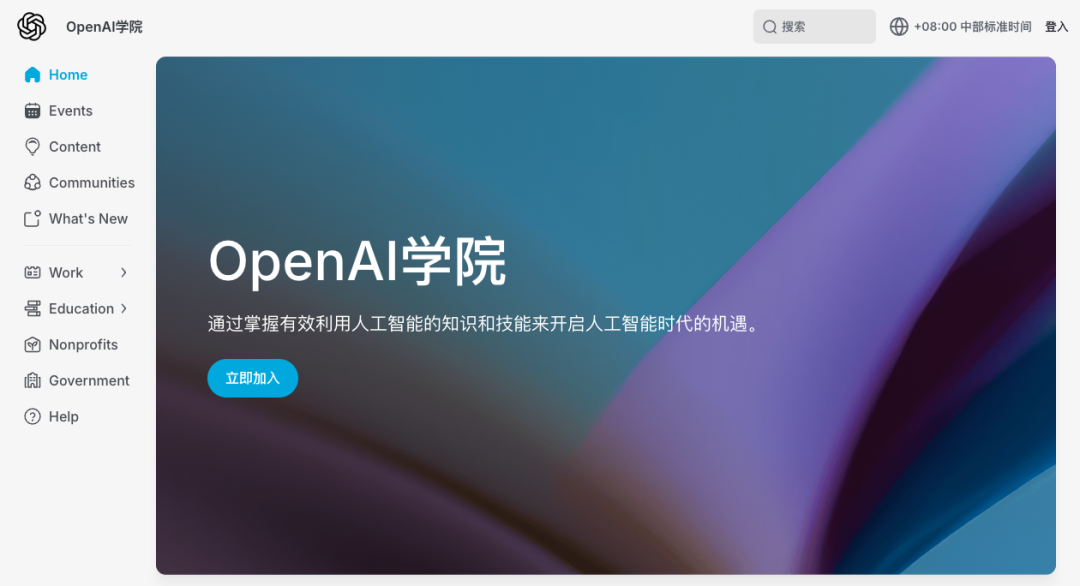

Moreover, OpenAI has forged partnerships with major employers like Walmart, aiming to assist 10 million Americans in obtaining AI skills certification by 2030. Walmart's CEO also remarked, "The future competition in the retail industry isn't just about shelves but about whose employees can leverage AI."
Although the OpenAI Jobs Platform is unlikely to penetrate the Chinese market, it still sends a significant signal to domestic AI entrepreneurs in China.
AI recruitment is a burgeoning sector in AI entrepreneurship. At times, during exhibitions or roadshows, you can encounter several similar projects aimed at helping job seekers optimize resumes, intelligently match job positions, and provide interview coaching...
The challenge arises when a behemoth like OpenAI enters the market with substantial financial resources, computing power, and an established ecosystem. How long can entrepreneurs withstand such competition?
It's akin to setting up a small street stall selling spicy hot pot at your neighborhood gate, only to have a free Haidilao (a renowned hot pot chain) open adjacent to you. The outcome is foreseeable.
Personally, I believe that AI recruitment represents a systematic endeavor to reshape the labor market with AI. Relying solely on small-scale projects that cater to specific needs is unlikely to yield significant results.
That said, entrepreneurs aren't entirely devoid of opportunities. Even in industries dominated by large corporations, there's a demand for differentiated, niche, and personalized products, such as offering 'in-depth industry coaching' for job seekers.


